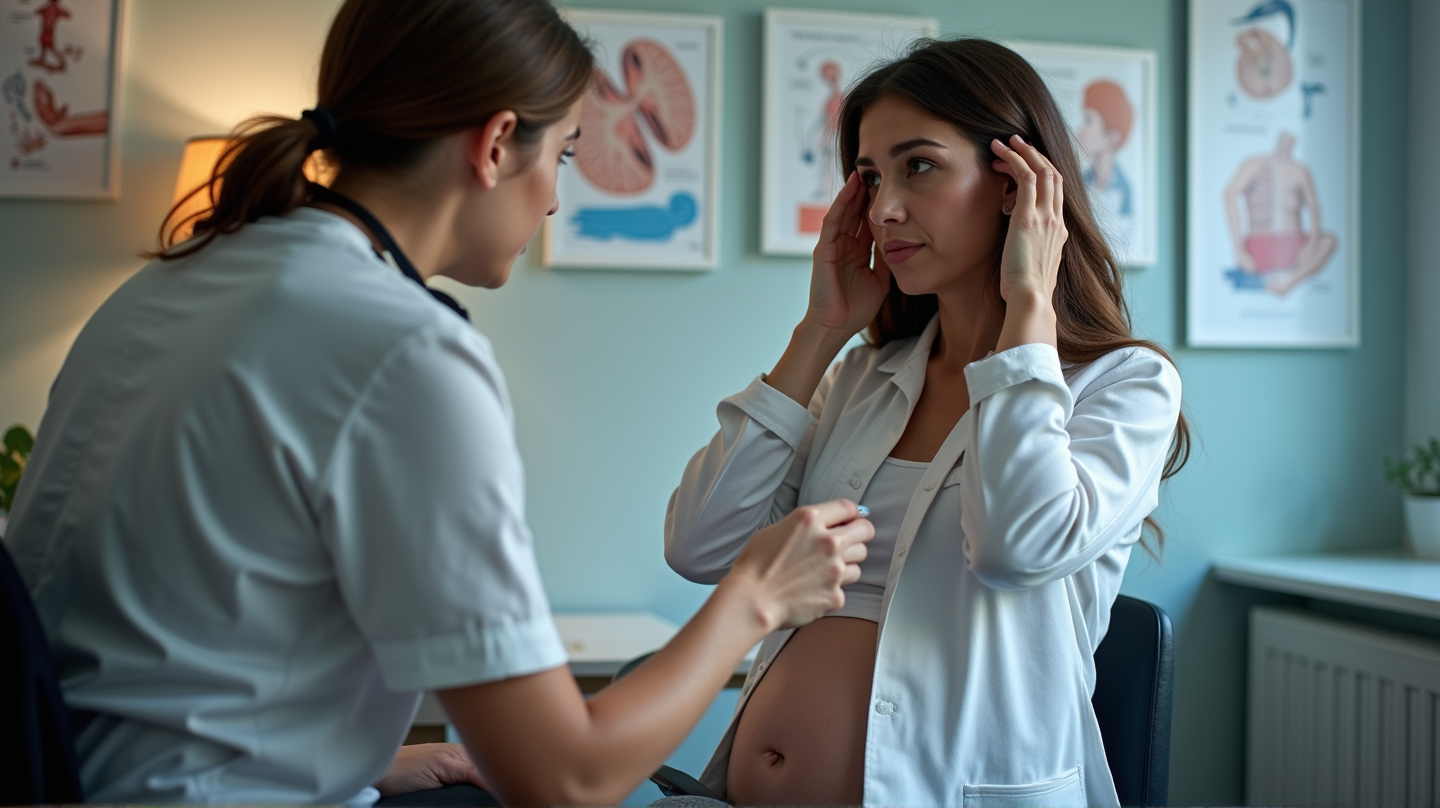No Link Found: Migraine Drugs in Pregnancy and Children's Neuro Health
A study reveals no link between migraine drugs like triptans during pregnancy and neurodevelopmental disorders in children, offering relief to future mothers.

Encouraging Findings for Expectant Mothers
Rejoice, as there is reassuring news for expectant mothers suffering from migraines! A recent study has unveiled that taking common migraine medications before or during pregnancy does not lead to an increased risk of neurodevelopmental disorders in their children.
The Research At A Glance
The focus of this pivotal research, published in Neurology®, was on triptans, a well-regarded class of medications used to combat migraine attacks. Analyzing data from the entire Norwegian population’s health registry, the study tracked over 26,000 pregnancies where migraines were a concern.
Unveiling the Groups
Participants were categorized based on their triptan use. Some ceased usage before pregnancy, while others persisted through to early gestation, providing a comprehensive perspective on the medication’s effects.
Insights into Neurodevelopmental Outcomes
Importantly, the study meticulously followed offspring for up to 14 years. According to Medical Dialogues, researchers discovered that 4.3% of children were diagnosed with neurodevelopmental disorders. Yet, the rates between those whose mothers used or did not use triptans were nearly identical.
Trust in Treatment Options
Dr. Hedvig Nordeng of the University of Oslo emphasizes the study’s importance for providing migraines sufferers valuable insights into choosing effective treatment paths during pregnancy without increased neuro risks to their offspring.
Limitations and Future Directions
While the study is groundbreaking, a limitation remains that the actual medication intake wasn’t confirmed, as authenticity was based on filled prescriptions. As researchers strive for greater precision in future studies, mothers can find solace in this compelling evidence unearthing hope amidst doubt.
In a world where one in five individuals of childbearing age must navigate migraines, being well-informed has never been more crucial.





